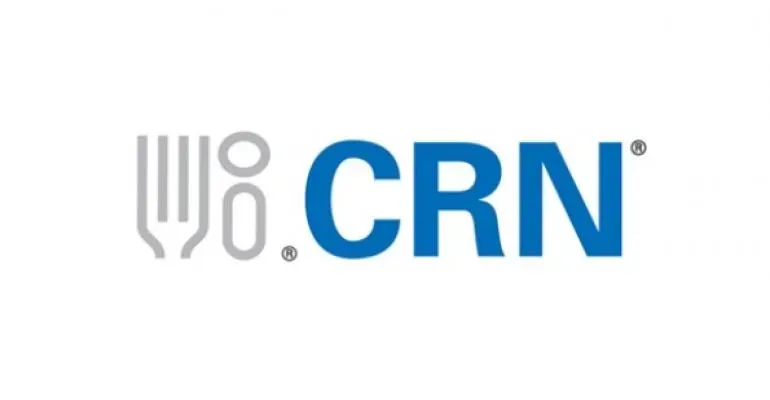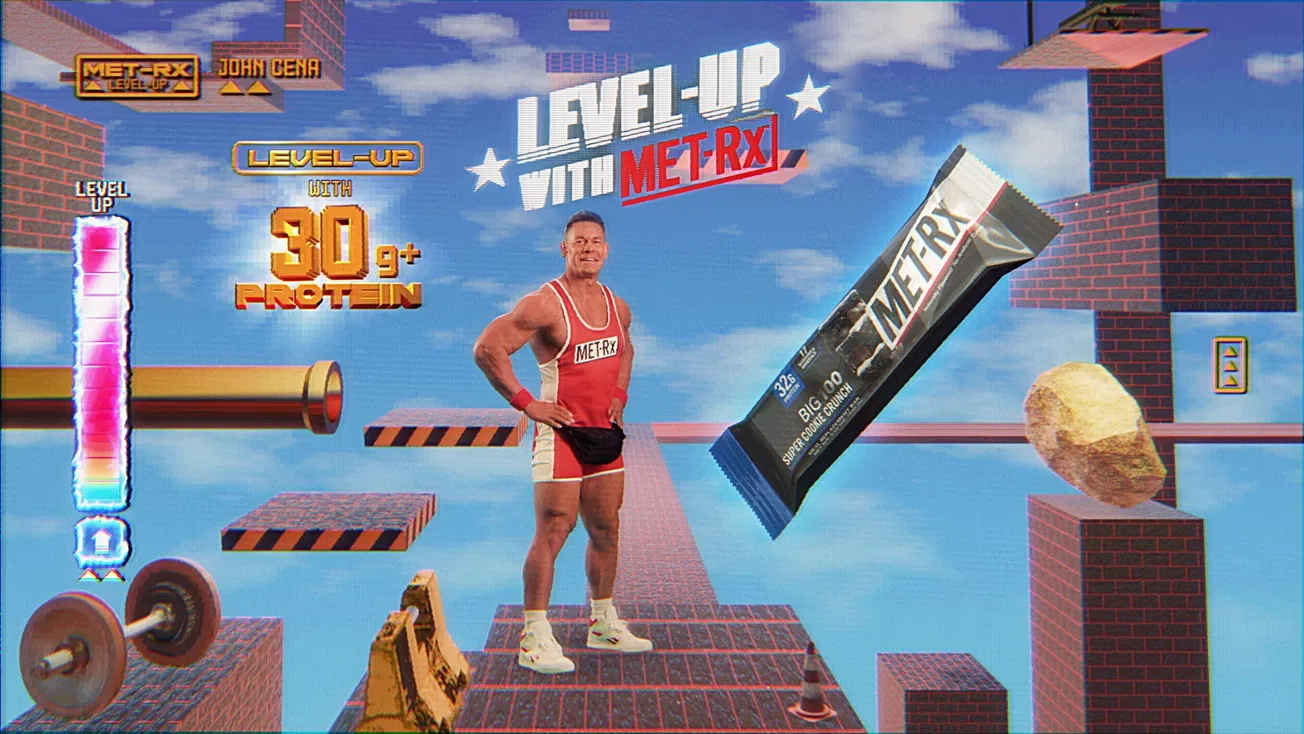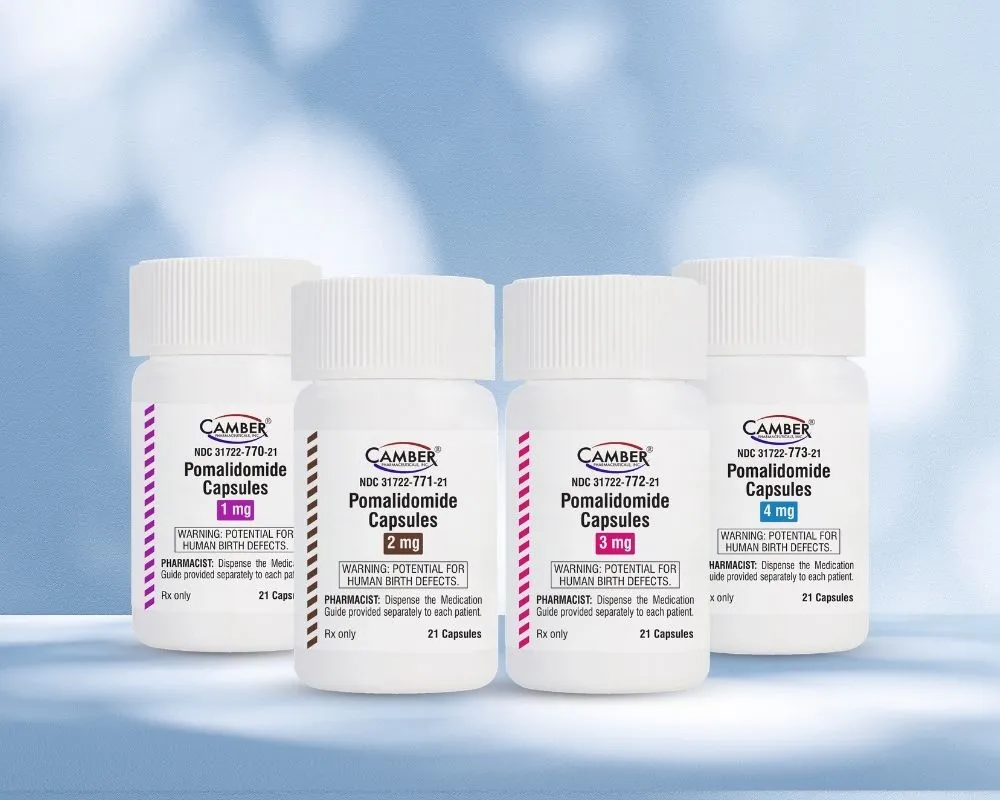WASHINGTON, D.C. — The Council for Responsible Nutrition (CRN) acknowledges the efforts of the 2025 Dietary Guidelines Advisory Committee in reviewing extensive data, particularly that on current nutrient intakes across the U.S. population. However, CRN expresses disappointment that the guidelines process did not consider scientific evidence related to dietary supplements, a critical component in addressing nutrient inadequacies.
The Advisory Committee's scientific report revealed troubling trends: Americans’ diets consistently fall short of aligning with Dietary Guidelines recommendations, leading to increased risk of nutrient inadequacies. Some of these shortfalls—such as vitamin D, calcium, potassium, and dietary fiber—pose significant public health concerns due to their link to adverse health outcomes. Certain population groups, including pregnant individuals, face additional risks due to inadequacies in nutrients crucial for fetal development, such as choline, iron, folate, and iodine.
CRN underscores the importance of addressing nutrient shortfalls with comprehensive recommendations, including the role of dietary supplements in achieving nutrient adequacy. "It’s concerning that despite decades of dietary guidance, Americans continue to fall short on essential nutrients critical for their health," said Steve Mister, President & CEO of CRN. "With food sources alone proving insufficient for certain nutrients like vitamin D, the inclusion of dietary supplements in the guidelines is not only practical but necessary to promote public health."
The Advisory Committee rightly highlighted the need for the U.S. Department of Health and Human Services (HHS) and Department of Agriculture (USDA) to address nutrients of public health concern and to provide targeted recommendations for specific life stages. CRN adds that dietary supplements should be part of these recommendations to help fill persistent nutrient gaps.
Haiuyen Nguyen, Vice President of Regulatory and Nutrition Policy at CRN, emphasized the need for actionable guidance: "A prenatal multivitamin/multimineral is a critical tool for addressing insufficiencies in pregnant individuals and is often recommended by health care providers. These federal agencies have an opportunity to deliver practical recommendations that leverage all available options—including dietary supplements—to support healthier outcomes for all Americans."
CRN looks forward to providing written comments to HHS and USDA as they develop the 2025-2030 Dietary Guidelines for Americans.








